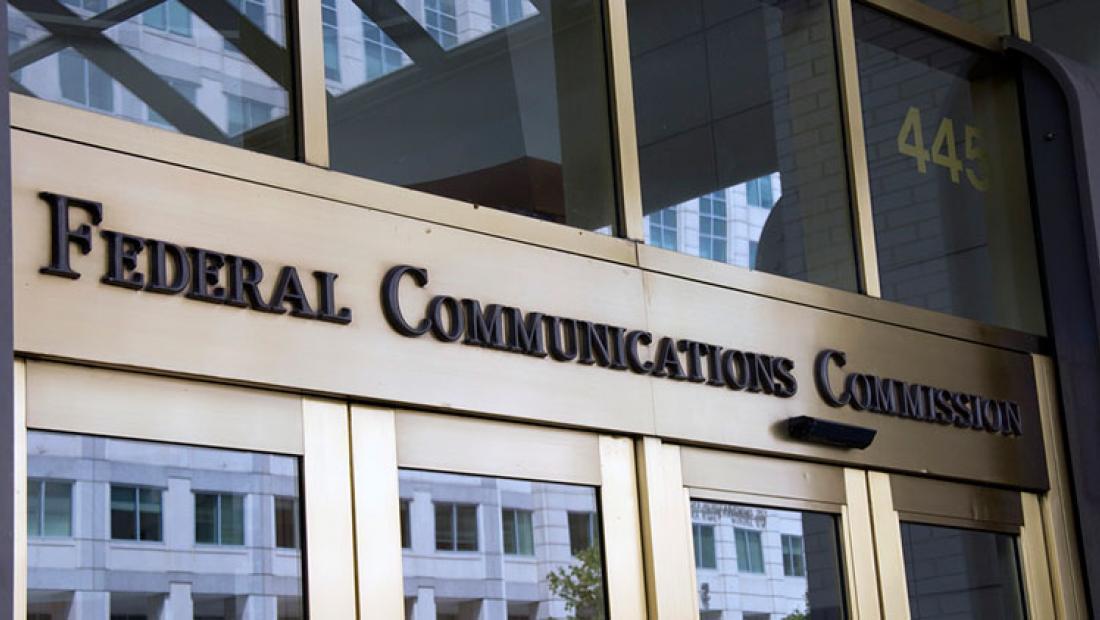FCC Provides Lengthy Kids TV Comment Period

The smarter way to stay on top of broadcasting and cable industry. Sign up below
You are now subscribed
Your newsletter sign-up was successful
The FCC has provided a lengthy comment period for its proposed changes to its children's television rules.
Initial comments won't be due until 60 days after the Notice of Proposed Rulemaking (NPRM) is published in the Federal Register, which won't be until next week at the earliest, and 30 days after that for reply comments.
At baseline, the Republican-driven effort is premised on a changing market filled with children's programming on cable and over-the-top, which they see as obviating the need for mandates and quotas on broadcasters, and as prompting the need for deregulating the FCC's enforcement of the children's TV statute to give those broadcasters more flexibility than a 30-minute, weekly scheduled on-air program.
But the NPRM adopted July 12 asks lots of questions, and would have sounded even more like a notice of inquiry than a rulemaking proposal if the lone Democrat, Jessica Rosenworcel had been convinced to vote for the effort--Republican Michael O'Rielly, who was heading up the item, said he would have been willing to remove all the tentative conclusions had they reached an agreement. Rosenworcel had too many issues with the underlying direction of the item to agree to support it even without conclusions.
The FCC is required by the Children's Television Act of 1990 to review the extent to which TV stations have served the educational and informational needs of children through programming." But it also says the FCC can consider "(1) any special non-broadcast efforts by the licensee which enhance the educational and informational value of such programming to children; and (2) any special efforts by the licensee to produce or support programming broadcast by another station in the licensee’s marketplace which is specifically designed to serve the educational and informational needs of children."
Currently, there is a three-hour per week mandate of children's programming, so an of the above efforts would have to be in addition to that.
The FCC is pondering lifting that mandate, or allowing such non-broadcast efforts to count toward the baseline requirement of meeting children's programming needs.
The smarter way to stay on top of broadcasting and cable industry. Sign up below
The FCC also is suggesting broadcasters be able to fulfill their children's programming obligations, whether it remains a quota of hours or some other approach, on their multicast stations, if they program them.
Currently, stations must air at least three hours on their primary channel between 7 a.m. and 10 p.m. (so called "core" children's programming), then additional programming on their multicast channels in proportion to the free video they provide there.
Contributing editor John Eggerton has been an editor and/or writer on media regulation, legislation and policy for over four decades, including covering the FCC, FTC, Congress, the major media trade associations, and the federal courts. In addition to Multichannel News and Broadcasting + Cable, his work has appeared in Radio World, TV Technology, TV Fax, This Week in Consumer Electronics, Variety and the Encyclopedia Britannica.

